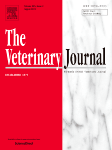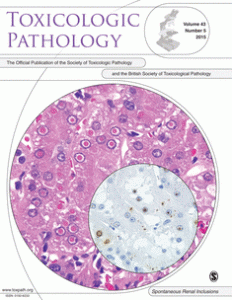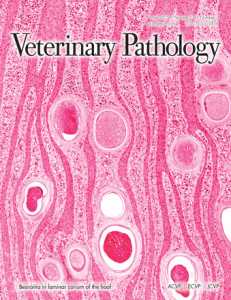
Recently, an ecology journal received a submission that made them pause. In order to conduct their research, the authors had to kill thousands of fish. The study had been approved by conservation authorities, but it still wasn’t sitting well with the journal.
So it rejected the paper, on ethical grounds.
Biological Conservation explained its decision in a recent paper, noting the killing of thousands of vertebrates (marine and freshwater fish) in a protected area was “unnecessary and inappropriate,” and adds the journal will continue questioning and rejecting papers that “do not meet reasonable standards of practice.”
This is not a universal practice, however — years ago, The New England Journal of Medicine (NEJM) published the results of a research project that resulted in 90 people becoming infected with HIV. Again, that study had obtained the necessary ethical approvals — but should the journal act as the final judge?
According to the editors of Biological Conservation, yes. In “Field work ethics in biological research,” they write: Continue reading Should journals reject papers solely on ethical grounds?
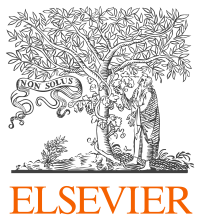 A few months ago, Dirk Werling discovered he had made a horrible mistake: He had inadvertently plagiarized in his recent review.
A few months ago, Dirk Werling discovered he had made a horrible mistake: He had inadvertently plagiarized in his recent review.

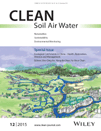

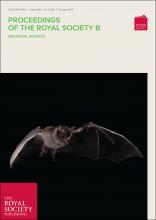 A 13th retraction has been published for
A 13th retraction has been published for 